THEORETICAL AND METHODOLOGICAL FOUNDATIONS OF PROFESSIONAL EDUCATION
Bykonia O., Shenderuk O., Borysenko I., Ihnatovych T.
The organisation of distance english teaching to future lawyers during the war period. DOI: 10.32342/2522-4115-2022-2-24-1 ![]()
Volkova N., Lebid O.
Formation of value attitude of future specialists of the socionomic sphere to professional activity in the process of professional training. DOI: 10.32342/2522-4115-2022-2-24-2 ![]()
Voronko V., Voronovska L.
Principles of the organization of educational activities in ukrainian universities located in the combat zone. DOI: 10.32342/2522-4115-2022-2-24-3 ![]()
Lavrentieva O., Krupskyi O.
Psychological and pedagogical bases of formation of the future specialists' individual style of professional activities. DOI: 10.32342/2522-4115-2022-2-24-4 ![]()
Kucher S.
Methodological support of teaching future educators the design of an information educational environment in the process of professional preparation. DOI: 10.32342/2522-4115-2022-2-24-5 ![]()
Oliinyk I.
Methodological approaches to building research competence of future doctors of philosophy during their postgraduate studies. DOI: 10.32342/2522-4115-2022-2-24-6 ![]()
Shcherbytska V., Pysmenna I., Goliak V.
Development of students’ critical thinking during foreign language classes in higher education institution. DOI: 10.32342/2522-4115-2022-2-24-7 ![]()
CURRENT ISSUES OF SOCIAL WORK AND REHABILITATION
Voshkolup H.
Psychological features of readaptation of post-combatants after the return from the combat zone. DOI: 10.32342/2522-4115-2022-2-24-8 ![]()
THEORETICAL FOUNDATIONS OF CORRECTIONAL PEDAGOGY AND EDUCATION
Sapozhnykov S., Teplytska A.
Scientific and practical approaches to the formation of readiness of future specialists in the socionomic sphere for the social support for parents of children with special needs. DOI: 10.32342/2522-4115-2022-2-24-9 ![]()
PSYCHOLOGICAL AND PEDAGOGICAL ASPECTS OF EDUCATION, UPBRINGING AND PERSONALITY DEVELOPMENT
Harkusha I., Vasylieva A.
Communication barriers of Ukrainian citizens during communication in a foreign language. DOI: 10.32342/2522-4115-2022-2-24-10 ![]()
Pinska O.
Psychological aspects of personality self-realization. DOI: 10.32342/2522-4115-2022-2-24-11 ![]()
Rolinska O.
Motivational direction in the training of future music teachers. DOI: 10.32342/2522-4115-2022-2-24-12 ![]()
Romanyshyna L., Kryshchuk B., Polishchuk O.
Health-preserving competence as a component of the professional competence of the future primary school teacher. DOI: 10.32342/2522-4115-2022-2-24-13 ![]()
Fediv V., Olar О., Biriukova T.
Psychological and pedagogical features of teaching medical and biological physics. DOI: 10.32342/2522-4115-2022-2-24-14 ![]()
Shuba L., Shuba V., Shuba V.
Health methodology for reducing anxiety and supporting the functional health of children. DOI: 10.32342/2522-4115-2022-2-24-15 ![]()
INNOVATIVE APPROACHES TO TEACHING METHODS IN HIGHER EDUCATION
Krasiuk I., Udris I.
The concept of information and cognitive environment as a methodological basis of the future teachers’ professional training in the conditions of the higher educational institution’s activities. DOI: 10.32342/2522-4115-2022-2-24-16 ![]()
Skripnik L.
Pedagogical terms for the organization of the informational and consulting environment of the educational institution: innovative approaches and vectors of development. DOI: 10.32342/2522-4115-2022-2-24-17 ![]()
PROFESSIONAL TRAINING OF SPECIALISTS IN THE CONDITIONS OF INFORMATIZATION AND DIGITIZATION
Tsys O., Arkhypov I.
The use of information technologies in the specialized training of students of engineering and pedagogical specialties. DOI: 10.32342/2522-4115-2022-2-24-18 ![]()
Kuchma О., Filatov S.
Formation of professional competences of future motor vehicle profile specialists with the use of technologies of distance learning interaction. DOI: 10.32342/2522-4115-2022-2-24-19 ![]()
Leonova A., Sliusarenko M.
Readiness of future specialists in the socionomic area for application of digital technologies in professional activities as a pedagogical problem. DOI: 10.32342/2522-4115-2022-2-24-20 ![]()



